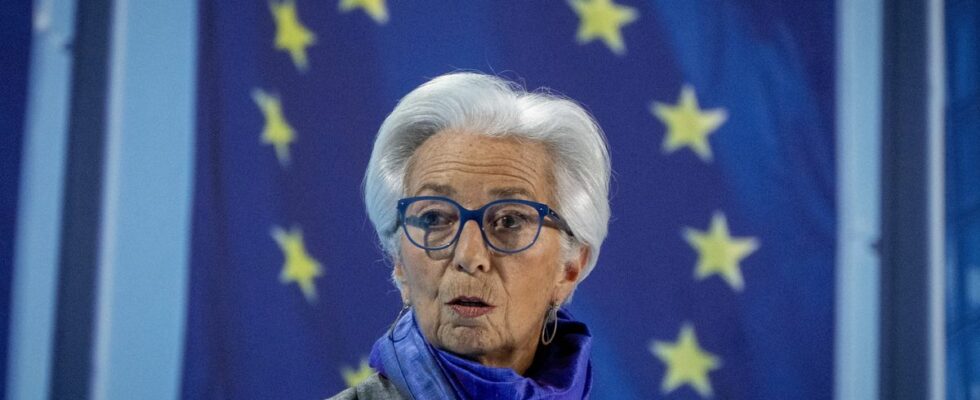Good news for the euro zone. Activity has slowed compared to 2022 but will be “much better” this year than initially feared, European Central Bank President Christine Lagarde said on Thursday. “The news has become much more positive in recent weeks”, meaning that the current year “will not be brilliant but much better than feared”, the official said at the Davos Economic Forum. Labor markets, in Europe in particular, “have never been so dynamic” with a number of unemployed “at the lowest compared to what we have had in the last 20 years”, underlined the French banker.
She referred in particular to Germany, Europe’s largest economy, which should escape recession in 2023, despite the still tense situation in the face of the energy crisis, according to Chancellor Olaf Scholz’s statements during an interview on Tuesday. at Bloomberg. Germany seems to be resisting better than expected thanks to robust consumption and substantial public aid.
Inflation still too high
The European Commission, for its part, forecasts a contraction in gross domestic product (GDP) for the euro zone as for the EU in the last quarter of 2022 and during the first three months of 2023, before a rebound over the rest of the year. Christine Lagarde at the same time highlighted the inflation data which remains “far too high”, even if price increases have slowed after the peak of more than 10% in October. “Our determination at the Central Bank is to bring [l’inflation à l’objectif de] 2% in a timely manner” by taking “all measures to achieve this”, she hammered.
The ECB has raised its interest rates by 2.5 percentage points since July, an unprecedented rapid rise, and plans to maintain this restrictive course in the coming months in an attempt to bring inflation down sustainably.

